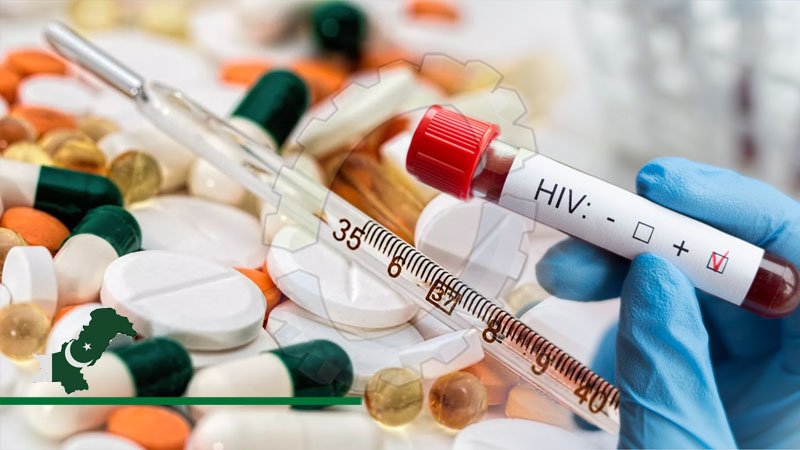The Fund has assisted Pakistan in combating diseases and will continue to do so for the next three years, according to Sajid Hussain Shah.
According to a spokesperson for the country’s health ministry, the Global Fund to Fight HIV, Tuberculosis, and Malaria has allocated over 281 million US dollars to Pakistan to combat the diseases over the next three years.
The Fund has assisted Pakistan in combating diseases and will continue to do so for the next three years, according to Sajid Hussain Shah, Spokesperson for the Ministry of National Health Services Regulations and Coordination.
According to the official, the funds will be transferred to national disease control departments across the country, which will use them to protect the local community from HIV, tuberculosis, and malaria.
According to the official, a decision was made earlier in November to make the allocation for 2023–2025 for building resilient and sustainable health systems in Pakistan.
A total of approximately 65 million US dollars has been allocated for HIV patients in Pakistan, while approximately 182 million dollars will be allocated for tuberculosis treatment and approximately 34 million dollars for malaria treatment, according to the official.
The Global Fund has asked UNDP to support the HIV grant from July 2021 to December 2023.
UNDP is legally responsible for its programme management, financial accountability, procurement of goods and services, and monitoring and evaluation as the interim Principal Recipient (PR) for the Global Fund HIV grant.
The funding from the Global Fund helps to achieve the overall strategic goals of the Pakistan AIDS Strategy IV (PAS-IV), which include increasing low prevention and testing coverage among key populations.
Since 2003, Pakistan has received 697 million USD in Global Fund investments for HIV, tuberculosis, and malaria. Despite significant advances in the accelerated response to HIV through effective prevention, treatment, care, and support interventions for key populations, access to HIV care and support in Pakistan remains a challenge.
HIV programming is supported by a strong monitoring and evaluation system, as well as a centrally managed data repository for disease surveillance and program review, to ensure efficiencies in service delivery and resource allocation.
